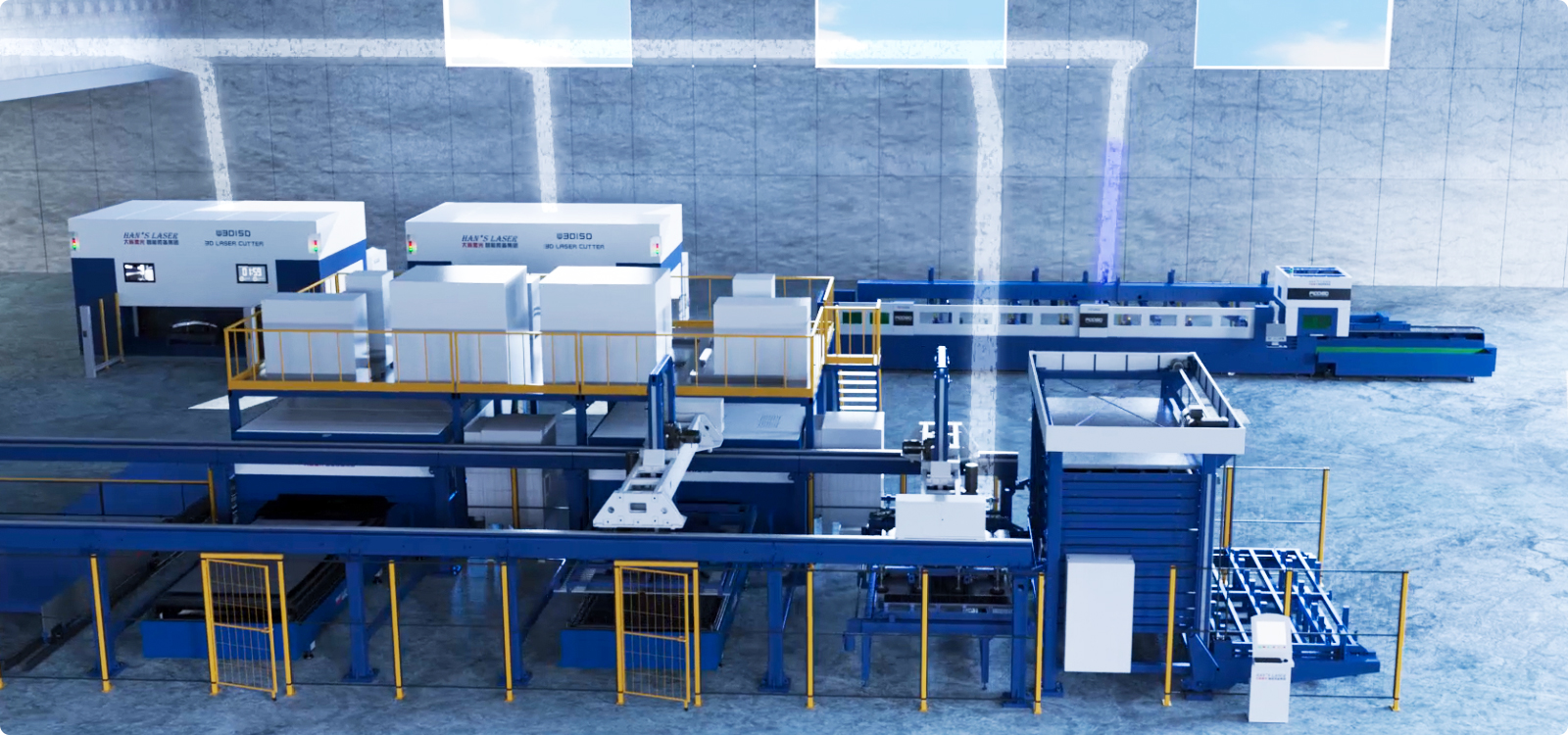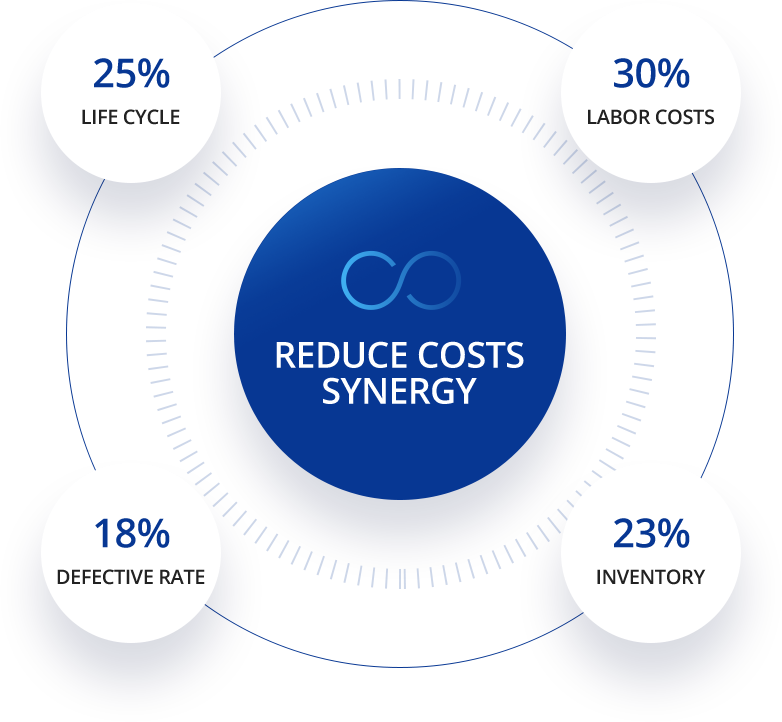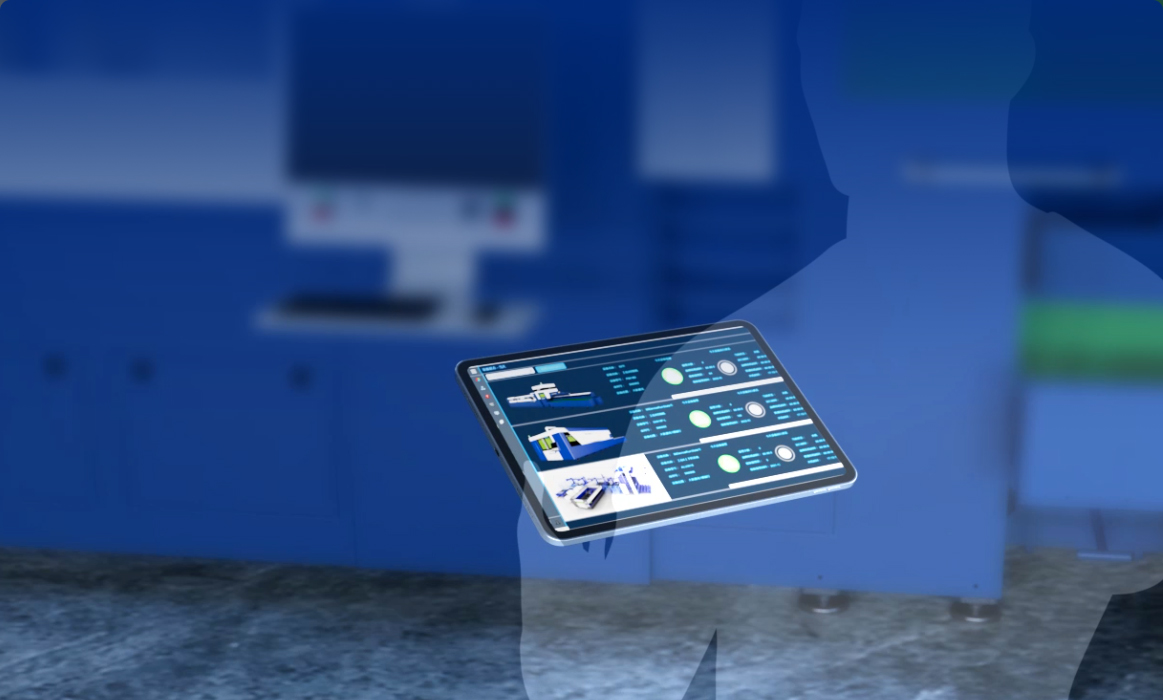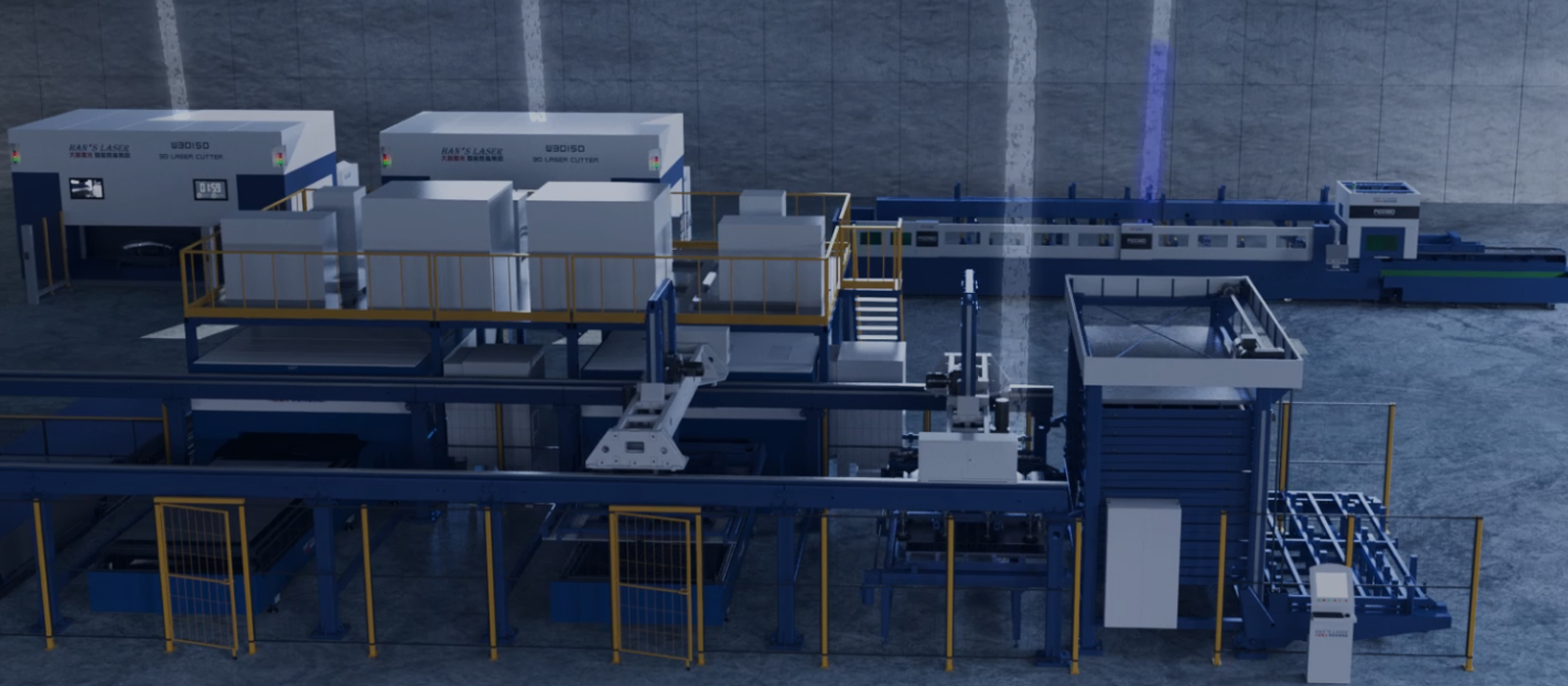- Home
-
Products
Products
-
2D Laser Cutting Machine
2D Laser Cutting Machine
-
Tube Laser Cutting Machine
Tube Laser Cutting Machine
-
Bending Machine
Bending Machine
-
Laser Welding Machine
Laser Welding Machine
-
Automation
Automation
-
Large Format Laser
Large Format Laser
-
2D Laser Cutting Machine
-
Solutions
Solutions
-
Various of Cutting Functions
-
Industry Solution
-
Smart Factory
Smart Factory
-
Materials
-
Various of Cutting Functions
-
Company
- Services
- Contact
- Home
-
Products
-
Solutions
-
Company
-
News
- Han’s Laser Smart Equipment Group won "Han’s Cup" Product Design Contest
- 2023 Metal Processing Industry - Ringier Technology Innovation Awards
- Southwest China was officially put into production
- Step Into The World of AR, Augmented Reality in Laser smart manufacturing
- Han's Laser East China Regional Headquarters Base Starts Construction!
- Han's Laser East China Regional Headquarters, Hunan Han's Laser Phase II Project initiation
- Han's Laser Smart Equipment Group formulates machinery industry standards
- Han’s Laser showcases on Fabtech2021, Chicago
- Han’s Laser records 45% growth in Q2 2021 revenue
- Han’s first fiber laser cutting machine lands to Finland
- National Honor: Once again Han's Laser won Manufacturing Individual Champion Award
- Embracing the Technological Future: Han's Laser See You at the Next Shenzhen Hi-Tech Fair
- Han’s Laser H12560LBF: Advanced Laser Cutting Machine for Steel Beams, Plates, and Grooves
- Han's Laser Streamline Manufacturing with the GRC Rolled Material Laser Cutter Line
- Why Choose a Three-in-One Handheld Laser Welding Machine?
- Han's Laser East China Headquarters Base Phase I Officially Launched
- What Are the Main Applications of Laser Equipment?
- How to Cut Titanium Alloy Precisely and Efficiently with Laser Technology
- The Role of Laser Technology in Automotive Interior and Exterior Decoration
- How to Protect and Maintain Laser Equipment During Winter to Prevent Frost Damage?
- How MixGas Technology Enhances Fiber Laser Cutting Performance
- Advanced Laser Cutting Solutions for the Special Vehicle Industry
- High-Productivity Han's 3D Laser Cutting Machine for Hot-Formed Components
- Research and Development
- Manufacturing and Quality
- Sustainability
- Career
- Industry
-
News
- Services
- Contact
Hot Keywords:
You may be looking for ...
Email
sales01@hanslaser.com
Close
















